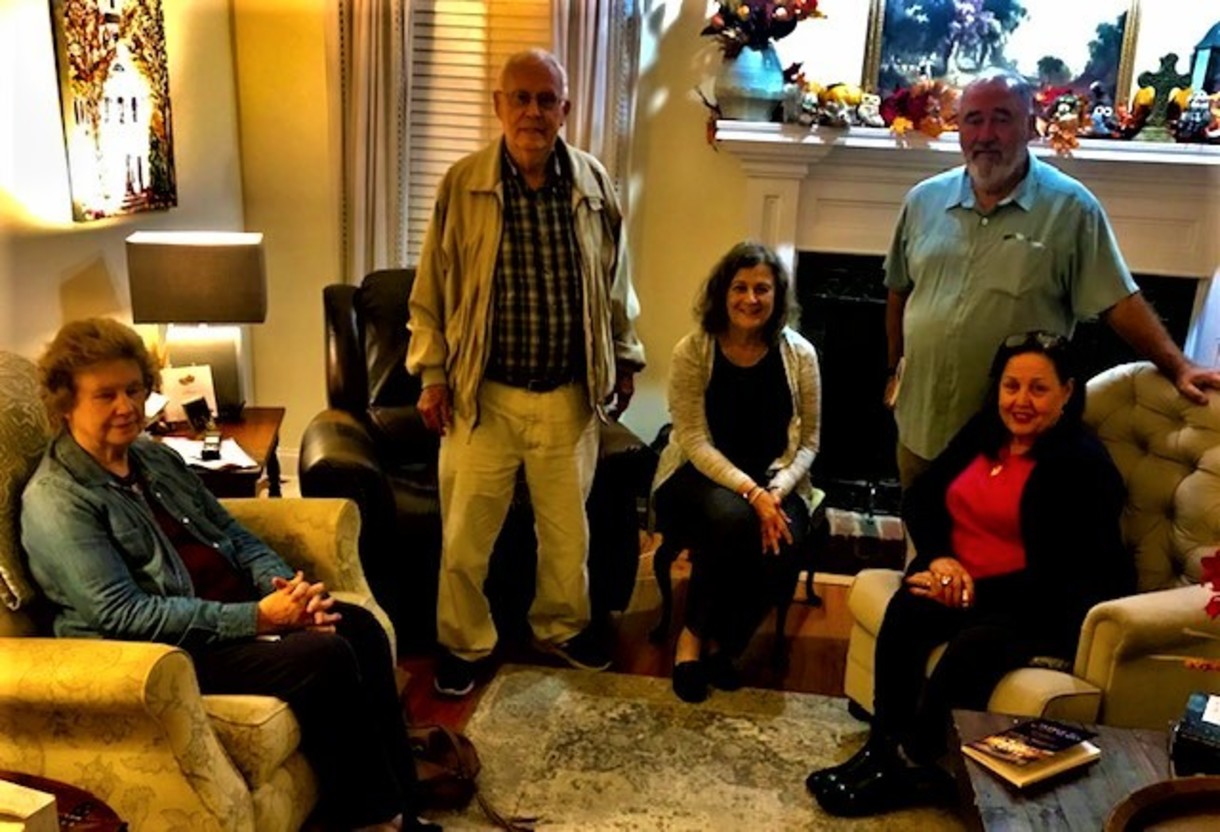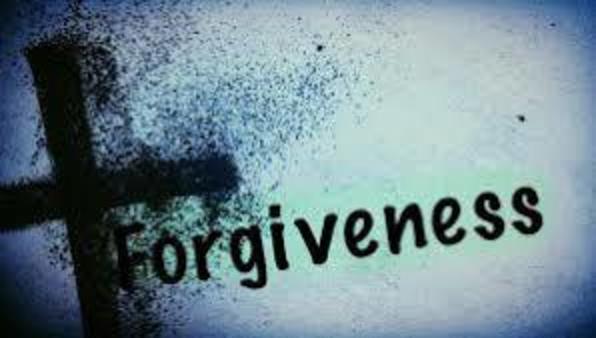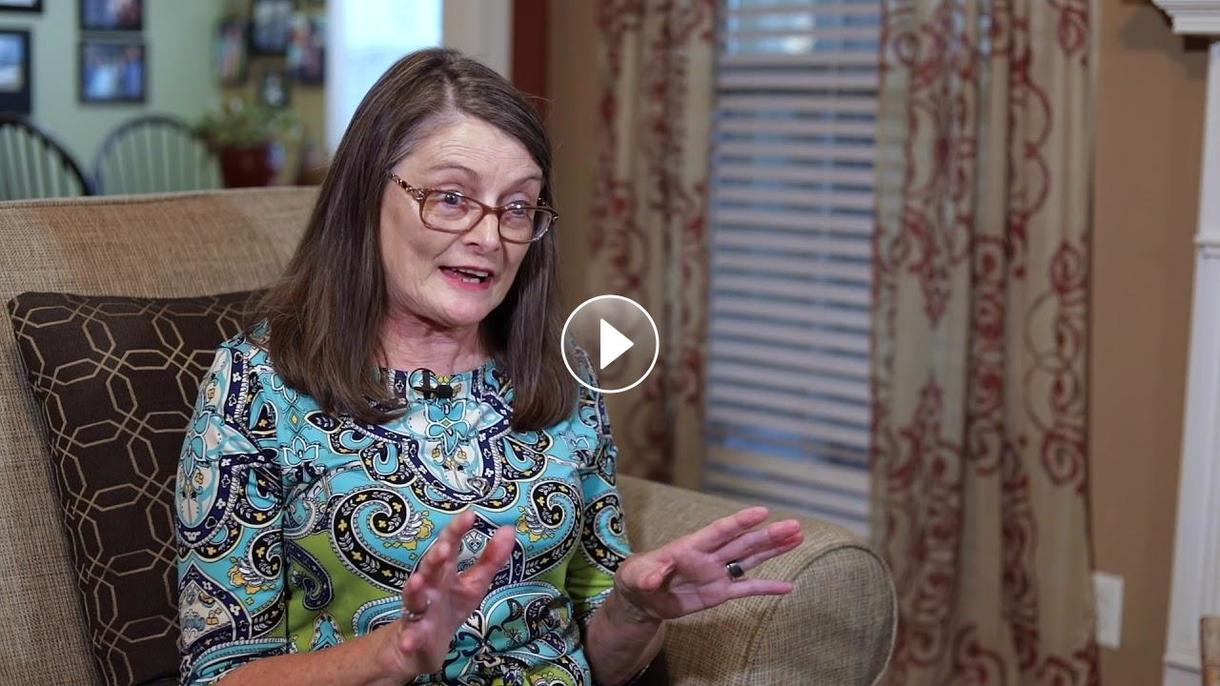
Who speaks into your life? Whom do you let in? Think of one or two people who know you, warts and all – confidants you trust with all the good, bad, and ugly.
The temptation to fake it and hide sin deepens our loneliness and prevents the kind of community we’re supposed to enjoy in the body of Christ. Failing to openly admit our brokenness empowers Satan to keep us trapped.
Confession is said to be “good for the soul.” It’s a clear Biblical directive, too. The brother of Jesus wrote, “Confess your sins to one another.” (James 5:16)
Living in transparent trust with other brothers and sisters empowers us to live free from the bondage of sin. Vulnerability builds bonds of strong relationship. We bless others when we share our deepest struggles with them. Open honesty implies trust, and trust is the glue of bonding. Authenticity in turn builds up the whole church.
Transparency can be painful. It involves the risk of rejection and ridicule. It also requires humility. However, to be loved is to be vulnerable.
From day one a prime directive of Timothy Network has been to help men and women build transparent relationships with a few other people. We stress accountability! We work to foster authentic openness and mutual support in our discipling triads. I recently ran across an idea that challenged me to rethink our terminology, however.
In his book titled Organic Community, Joseph Myers suggests “editability” may be a better goal than “accountability.” He writes, “The spirit of organic community is grace, not law; editability not accountability. An editor’s function is very different from that of an accountant. While an accountant’s training, job, and passion are rooted in looking for errors, editors help an author to richer communication. Accountants keep records. Editors wipe away errors.”
I like Myers’s distinction. God made us relational creatures. If He’d wanted unfeeling, mechanistic robots, He could have designed us that way. Since He didn’t, having a good “editor” to help us walk with Christ may be preferable to an “accountant.” Accounting, by its rightful nature, is mechanical and structured. Good accounting leaves no room for error. Editing, however, is more an art form that requires grace. Myers summarizes his point by saying, “When presented with the option, most people prefer an author-editor relationship over a client-accountant relationship.”
Whichever way you look at it, try to develop at least one or two relationships in which you can be totally honest about your sin. If married transparency should start with your spouse, but also look for same-gender friends to lean on. Pray for God’s guidance in seeking these friendships. Ask Him to reveal someone who may need you, too. Work toward mutual-editability.
Stay open,
Mike





Leave A Comment